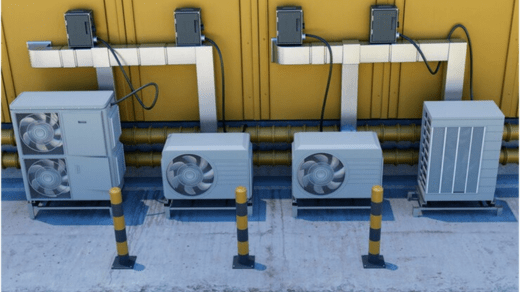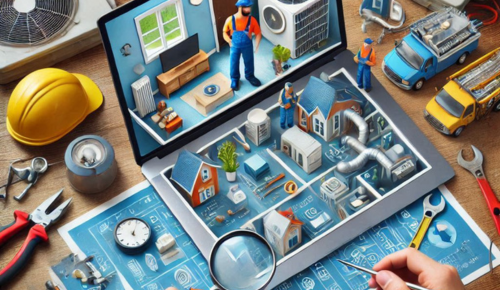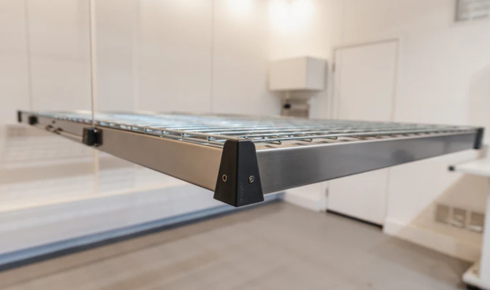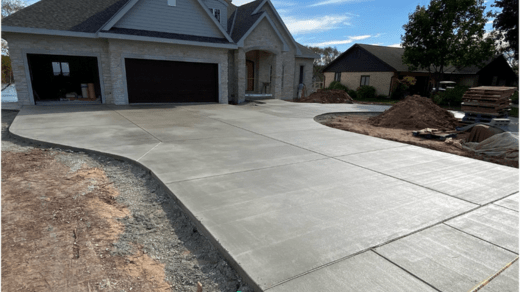Keep cool in summer and stay warm in the winter with the vital importance of your home’s heating and cooling systems regarding comfort. To function at their best and prevent unforeseen failures, these systems need continuous attention. Failing to do regular maintenance can result in expensive fixes and increased energy costs. Following these important maintenance principles will keep your HVAC system operating optimally, extend its functionality, and ensure your home is comfortable throughout the year.
1. Understanding the Importance of Routine HVAC Maintenance
Ongoing maintenance plays a fundamental role in the effective operation of an HVAC system. Sticking to regular inspections and fundamental care ensures that your system runs optimally, providing comfort alongside energy efficiency. This entails applying lubricant to moving elements, fitting electrical connections, and cleaning the coils.
Without these controls, small problems can evolve into serious ones, leading to compressor breakdowns or refrigerant leaks, which could result in high repair costs. Regardless of whether you are getting ready for winter and need boiler repair or doing a summer tune-up, investing money into routine care can prevent expensive emergencies later on.
2. Changing Filters for Optimal Performance
Air filter is a very important component of your HVAC system which helps in providing good airflow and quality of air. Eventually, filters collect dust, dirt, and allergens which slows down the rate at which air is being circulated in your home and your system has to work extra hard. The first effect of a dirty filter is a loss of efficiency and the second, perhaps even more dangerous, is overheating, which will sooner or later lead to the failure of the system.
Moreover, the filters should be replaced with new ones every one to three months to enhance the performance of the system, decrease the level of wear and tear, and, most importantly, save your money on electricity bills. This will help avoid other problems such as the need to call an ac repair technician because the cooling system has become overworked.
3. Checking the Thermostat Settings
The thermostat is one of the most crucial parts of your HVAC system because it controls the whole operation of the system by indicating or setting the temperature. If the thermostat is not programmed correctly, your system can run longer than necessary, which increases energy use.
Turning down your thermostat or installing a newer model, such as a programmable or smart one, brings better control of your home’s temperature. Smart thermostats enable programming or remote control to make sure that energy is not used when you are not in the home. This makes your heating and cooling systems work less often, extending their useful life, and sparing you costly repairs.
4. Clearing Debris Around Outdoor Units
Outdoor HVAC units mainly consist of air conditioners and heat pumps and are subjected to various weather elements. Leaves, grass clippings, and dirt may accumulate around the unit and this will restrict air flow – thus the efficiency of the unit. To prevent this, visually check the area surrounding the unit and remove any particles within two feet of distance.
Furthermore, cleaning the fan and coils of the unit is also recommended for better performance. Cleaning the outdoor unit makes it more efficient in cooling the air; thus, avoiding frequent and costly repairs or even a system replacement.





